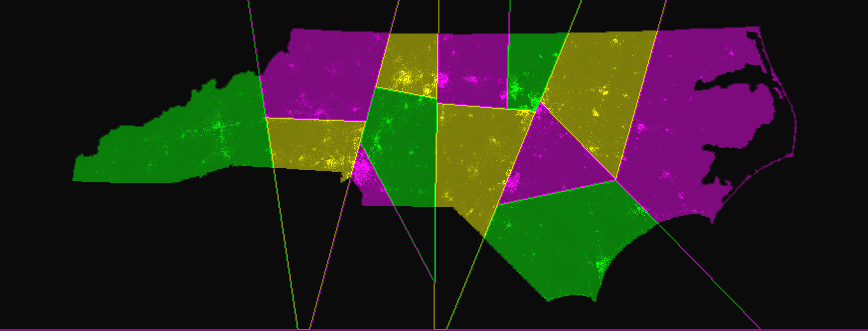Month: August 2014
The chilling irony of the first US strikes on Iraq — Quartz
It appears that the US is destroying artillery the US paid for, after it was abandoned to its enemies by troops the US paid to train.
Source: The chilling irony of the first US strikes on Iraq — Quartz
Is Every Speed Limit Too Low?
Americans nearly universally speed, and excess speed is a factor in many accidents. But what if higher speed limits made roads safer?
The answer lies in realizing that the speed limit really is just a number on a sign, and it has very little influence on how fast people drive.
a minority of drivers do follow the speed limit. … This is important because, as noted in a U.S. Department of Transportation report, “the potential for being involved in an accident is highest when traveling at speed much lower or much higher than the majority of motorists.” … Traffic engineers believe that the 85th percentile speed is the ideal speed limit because it leads to the least variability between driving speeds and therefore safer roads.
In its 1992 report, the U.S. Department of Transportation cautioned, “Arbitrary, unrealistic and nonuniform speed limits have created a socially acceptable disregard for speed limits.”
Source: Is Every Speed Limit Too Low?
Why weird congressional districts can be good congressional districts – The Washington Post
To make it, they used what they call the shortest splitline algorithm. Basically, they used the shortest possible line to cut a state into two halves with roughly equal populations. Then they did so again, and again, and again, until they had the proper number of overall districts.
Source: This is what America would look like without gerrymandering – Vox
To put it more bluntly, pretty little districts could actually be pretty terrible. That is, they could be terrible at doing what districts are supposed to do: engender good representation.
I’m not suggesting that we shouldn’t entertain reforms to the redistricting process, such as having more independent commissions, and fewer incumbent legislators, draw the lines. But whoever draws the lines, there’s no reason to draw straight ones. Representation is about people, not polygons.
Source: Why weird congressional districts can be good congressional districts – The Washington Post by John Sides
When It’s Bad to Have Good Choices – The New Yorker
Why are well-fed people in affluent countries often unhappy and anxious?
The choices between those objects that they valued most highly were both the most positive and the most anxiety-filled. The more choices they had—the study was repeated with up to six items per choice—the more anxious they felt.
What changes as we move from the scarcity of wartime Warsaw to the abundance of the First World isn’t the nature of the anxiety, it’s just the nature and significance of the choice itself. In one case, it seems heart-wrenching; in the other, trivial. Our brains, though, don’t make those kinds of value judgments: to them, a difficult choice is a difficult choice. And difficult choices mean anxiety.
Source: When It’s Bad to Have Good Choices – The New Yorker
Having good choices might foster critical thinking, self-reliance, etc. But that doesn’t stop it the experience from being stressful or making you anxious, possibly even for a long time after you’ve made the decision, which IMHO was the takeaway from the article — that the more impactful and closer a choice is, the harder it is and the more anxious that makes people. Needing to pick between job offers in your home town, or far away in the big city can still make you anxious, but it is still good to have that choice. And nowhere in the article do I see support for the state/government to step in to artificially reduce choice.
How many people agonize over where to go to college, what to major in, or whether or not to get engaged/married to their current significant other, or regret such decisions years or decades later *because they changed their mind about being able to do better*? IMHO, they aren’t upset that they made an objectively bad choice (although I’m sure that happens too), but that they feel they made a relatively bad choice given that they now know all the details and specifics of their actual choice and only know the highlights of the foregone choice.
